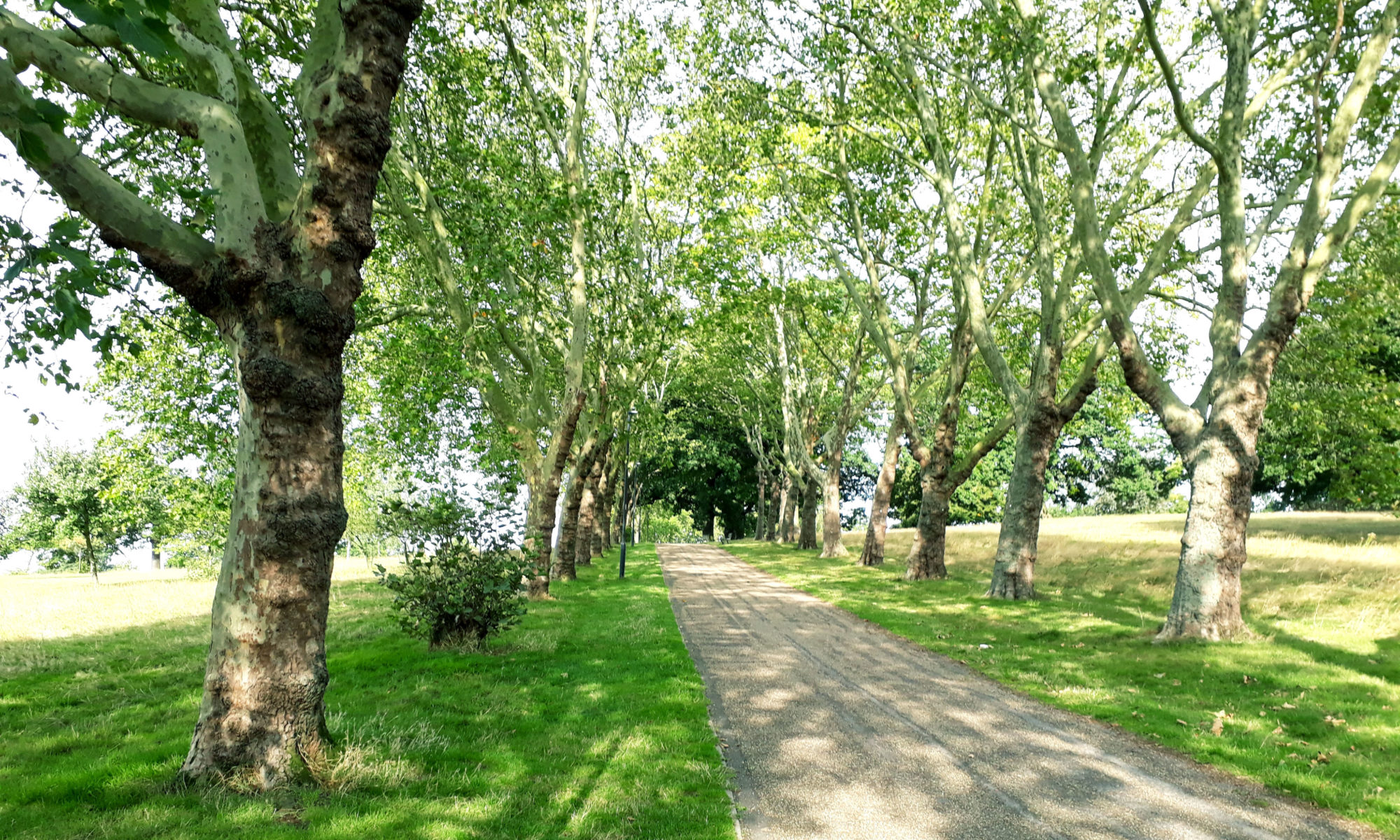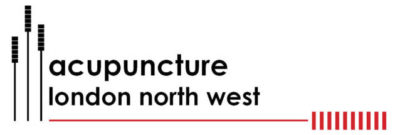Acupuncture is a system of medicine that originated in China. Some say over 5,000 years ago but, according to the historical record, it was systematically quantified during the Han Dynasty (206BC – 220 AD) a period also known as the Chinese Golden Age.
During the Han dynasty, just like modern medicine, much of the understanding of the body came from dissection of the human body. Though it was taboo in Chinese culture to dismember the human body, this did not apply to criminals in society. In fact, one criminal in particular, Wang-sun Qing has gained immortality by being the subject matter of a book written in 111 AD by Ban, Ban & Ban. This was his fate:
“The Imperial physician, master herbalist and a skilful butcher together disemboweled and flayed him, measured his five organs, and with fine bamboo poles, the length of his blood vessels, to know where they begin and end, so that a person can use this [knowledge] to heal illness.”
Traditional Chinese Medicine (TCM) believes that the organs of the body, the Lung, Liver, Heart, Pericardium, Kidney, Spleen, Stomach, Gall-bladder, Bladder, Large and Small intestines generate the essential substances which are Qi , Blood, Essence, Fluids and the Shen and are linked by pathways known as meridians, of which there are twelve, along which the essential substances move. If there is a blockage in these meridians, or deficiencies or excesses in the essential substances, illness follows. The modern equivalent of these essential substances would be energy, blood, genes, body fluids and mental wellbeing. The body needs to maintain homeostasis (read balance or yin and yang) otherwise illness will follow.
Modern medicine treats the malfunctioning organ in isolation. TCM views the organ as being part of the connected whole and therefore you need to treat the whole person. Two patients presenting with the same symptoms may require different acupuncture points to be treated. Modern medicine is at last catching up with this bespoke approach, with gene targeted medicine for chronic conditions such as cancer, moving away from the one size fits all approach.
There is a perception that Acupuncture as an alternative therapy is a bit new age/hippy but the theories of anatomy, physiology and pathology that informs TCM have been objectively verified by reputable institutions such as the World Health Organisation.
So does acupuncture work? The simple answer is yes. Some would say that it is the placebo effect but research has shown that during treatment areas of the brain that sense pain are actively shut down and the effect of needling results in the release of endorphins which have an analgesic effect and alters serotonin levels which are the body’s natural feel good chemicals affecting mood, the body’s sleep-wake cycle and internal clock. I know, from the many patients I see in clinic, that they come not because mainstream medicine does not work but because they are fed up of having to take powerful medicines which often have side-affects which require additional medication to rectify and so it goes on – a downward spiral into a pharmacological soup.
What can you expect when having a session of acupuncture?
When you attend for the first time a thorough medical history will be taken along with noting the main condition for which you are seeking treatment. This will normally take about 30 minutes. I will have a look at your tongue and take your pulse at both wrists. Tongue and pulse are the two main diagnostic tools in TCM and tell the practitioner a lot about your constitution. I would ask that you do not brush your tongue (if you are so given to doing) before attending though by all means do brush your teeth!
Treatment will last about 40 minutes and will involve you lying on a couch, either on your back or, often with chronic rather than acute conditions, lying face down. Fine sterilised single use needles will be inserted at the relevant points. There are 361 acupuncture points in the human body but many important points are located on the arms and legs and are therefore easily accessible. I would ask that when attending you wear loose clothes which give ready access to your arms and legs. Sometimes points on your tummy or back will be selected. On the rare occasion that you may have to remove items of clothing, towels will be provided. In this instance, the practitioner will step out of the room permitting you to change before and after a treatment session.
What you will experience
The experience of acupuncture differs for each person. You may feel the needle on insertion but as it is very fine, unlike injections, once inserted most people will not be aware of them. Often there is a sensation of heaviness at the point being treated. This is good as it indicates that the condition of “DeQi”, the arrival of Qi, has been achieved. Most find acupuncture very relaxing and go to sleep during the treatment which adds to the therapeutic aspect of the treatment.
Most people feel invigorated after a session of acupuncture. Some might feel a little light headed, especially if it is their first time, so it is important to take it easy after your treatment session.
Will it leave marks?
The needles used are so fine that once removed there will be little evidence of having had acupuncture. Sometimes there might be slight bleeding at a puncture site. Extremely rarely bruising may occur. Pricking to bleed is not an uncommon practice in China but it is discouraged in the UK.

